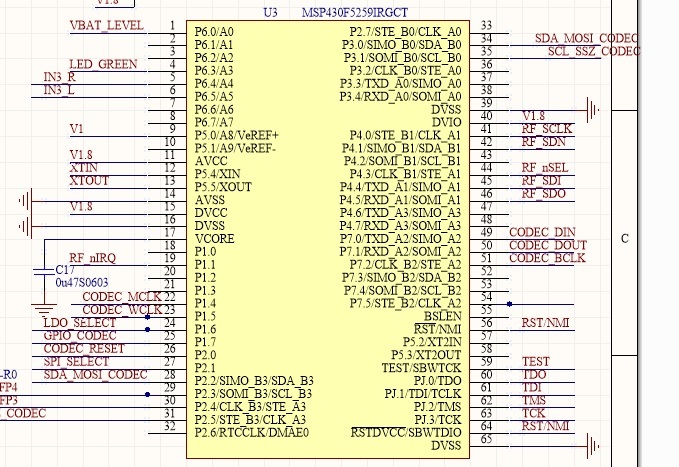Hello all,
I made my own prototype board, using a PCM3070 connected with a MSP340 via a spi bus. I checked the signals of the spi, and they look ok using an oscilloscope. The problem is that pcm3070 don't confirm the data after being written with the MISO.
I checked voltage, and grounding. All are ok.
What could be the trouble?
Thank's you in advance
ip




